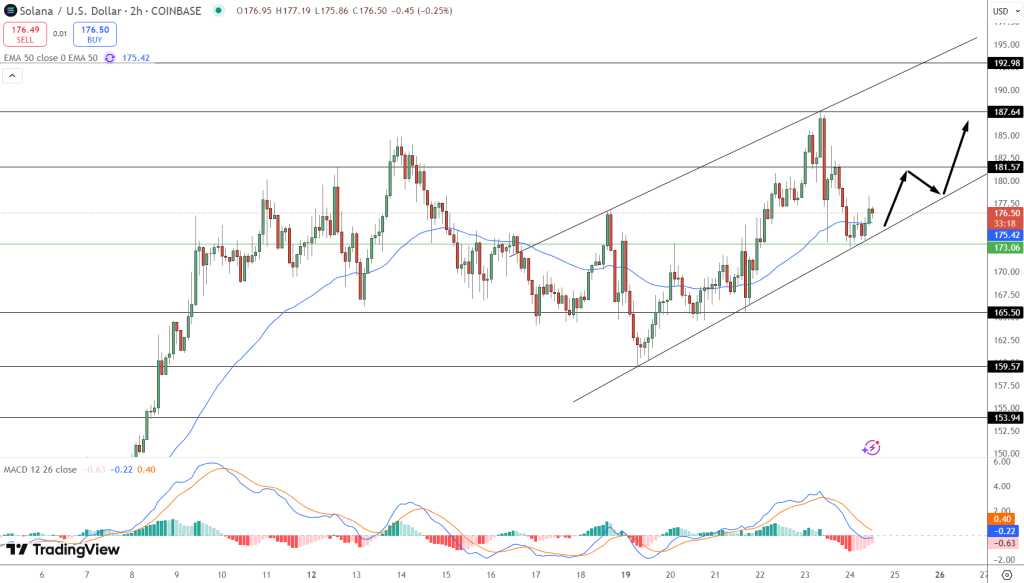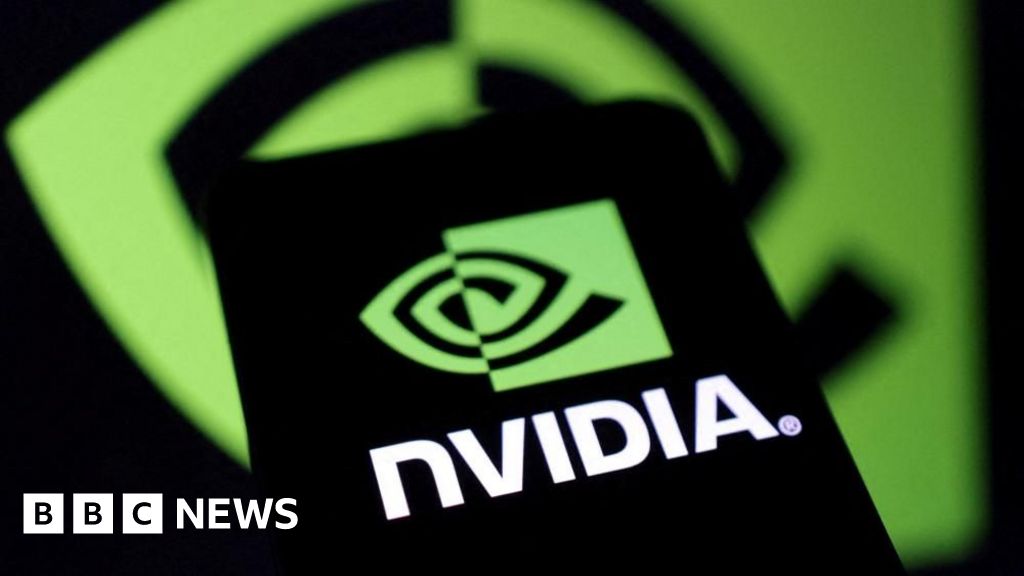In 2008 Apple founder Steve Jobs “screamed” in the face of then-Starbucks CEO Howard Schultz, encouraging the coffee chain boss to fire his leadership team.
Schultz is a familiar face at the helm of the Seattle-founded brand, having had three separate tenures in the corner office. His first was in 1987—when he and local investors purchased the brand—until 2000 when he took a step back to focus on global expansion as chief strategist.
His second stint was in 2008 to 2018, and then a final return in 2022 for a year.
The timing of Schultz’s second two appearances is important: 2008 was a year the company was in crisis and was in dire need of a turnaround, and the final return came after the coronavirus pandemic, when the ship needed steadying.
But despite Schultz being repeatedly used as a safe pair of hands for the brand worth more than $92 billion, he has still leaned on other notable Fortune 500 CEOs. And it was during his 2008 tenure that he was first introduced to Jobs, and sought his advice on navigating the board of directors he had inherited.
Speaking on the ‘Acquired’ podcast which was released last week, Schultz recounted the first contact he had with Jobs: “There was a future meeting scheduled for Starbucks and Apple around mobile order and pay and other things. I met Steve on a phone call—had never met him—was talking to him on the phone and I’m telling him what’s going on.”
Jobs invited Schultz—whose business was headquartered in Washington—to the Apple offices in Cupertino, Calif. to discuss the matter in person. At the time the Apple offices were based at the now famous “Infinite Loop” campus, which is comprised of six buildings based around an oval courtyard.
Jobs was famous for walking around said courtyard—a habit now adopted by current Apple CEO Tim Cook, who is known to wander the circular headquarters of Apple Park.
“[Jobs] had a whole thing about walking,” Schultz recounted. “He would go out and would walk around the building. And so I went down there and basically we took a walk. I just told him all my problems—everything that was going on.
“He just stopped me and said: ‘This is what you need to do.’ He looked and me and said: ‘You go back to Seattle and you fire everyone on your leadership team.’ I thought he was joking.”
Schultz said he pushed back: “I said what are you talking about ‘fire everybody?’ He said: ‘I just told you. F*cking fire all those people.’ He was like screaming at me in my face: ‘Fire all those people, that’s what I would do.’ I said ‘Steve I can’t fire all these people, who’s going to do the work?
“He said: ‘I promise you in six months, maybe nine, they’ll all be gone. He was right. Except for one, the general counsel, they were all gone.”
Jobs and Schultz did meet again, with the former being proved right in his prediction.
“I talked to him since then, we were on stage together at an event and I told him: ‘They’re all gone.’ He said: ‘Well, you’re six months, nine months late, think about all the things you could’ve done.’”
Missed opportunity
As the world’s largest coffee chain with more than 32,000 stores across the globe, Starbucks has clearly made the most of the opportunities afforded to it.
However, there are a couple of decisions that Schultz regrets, chief among them was not trademarking the phrase “caffe latte”—often shortened to just latte—in America.
While the origins of lattes—essentially mixing milk with coffee—can be traced back in some form to Europe as early as the 17th century, the drink became standardized in America in the 1970s with the help of Starbucks.
“We introduced caffe latte to America,” Schultz added. “We didn’t trademark it. We trademarked Frappuccino later on but we didn’t trademark caffe latte, I wasn’t thinking.”
Credit: Source link










